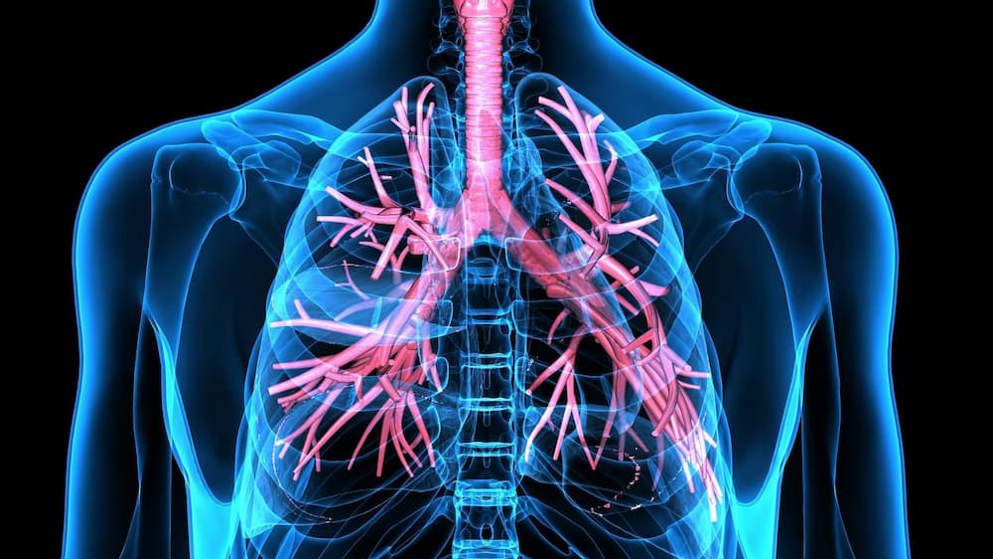Phase III FULFIL study of triple therapy (fluticasone furoate/umeclidinium/vilanterol) meets two co-primary endpoints in chronic obstructive pulmonary disease- GlaxoSmithKline
GlaxoSmithKline and Innoviva announced positive top-line results from the pivotal phase III FULFIL study of the investigational once-daily �closed� triple combination therapy (fluticasone furoate/umeclidinium/vilanterol (FF/UMEC/VI), in patients with chronic obstructive pulmonary disease (COPD). The study met its two co-primary endpoints, demonstrating statistically significant improvements compared with twice-daily Symbicort Turbohaler (budesonide/formoterol 400/12mcg) in both lung function as measured by trough FEV1 (171mL) and health-related quality of life as measured by the St. George�s Respiratory Questionnaire (SGRQ) (-2.2 units), at the end of the 24-week study period.
The proportion of patients who responded with the minimum clinically important difference in SGRQ (-4 units) was 50% on FF/UMEC/VI and 41% on budesonide/formoterol. The safety profile of the closed triple combination at both 24 weeks and the 52-week extension was consistent with the known profile of the individual medicines and their combinations. At 24 and 52 weeks, the most common adverse events across both treatment arms were nasopharyngitis, headache and COPD worsening.
At 24 weeks, the incidence of investigator-reported serious adverse events was 5.4% and 5.7% for FF/UMEC/VI and budesonide/formoterol, respectively, of which the incidence of worsening of COPD was 1.3% and 2.3%; for pneumonia was 1.0% and 0.3%; and for cardiac disorders was 0.3% and 1.0%, respectively. At 52 weeks, the incidence of investigator-reported serious adverse events was 10.0% for FF/UMEC/VI and 12.7% for budesonide/formoterol, respectively, of which the incidence of worsening of COPD was 2.4% and 9.1%; for pneumonia was 1.9% and 1.8%; and for cardiac disorders was 1.4% and 0.9%, respectively.

